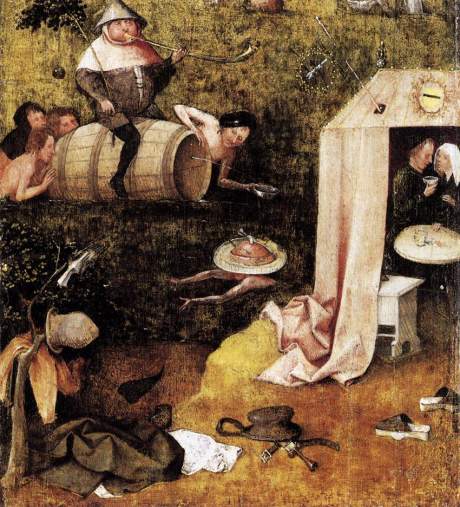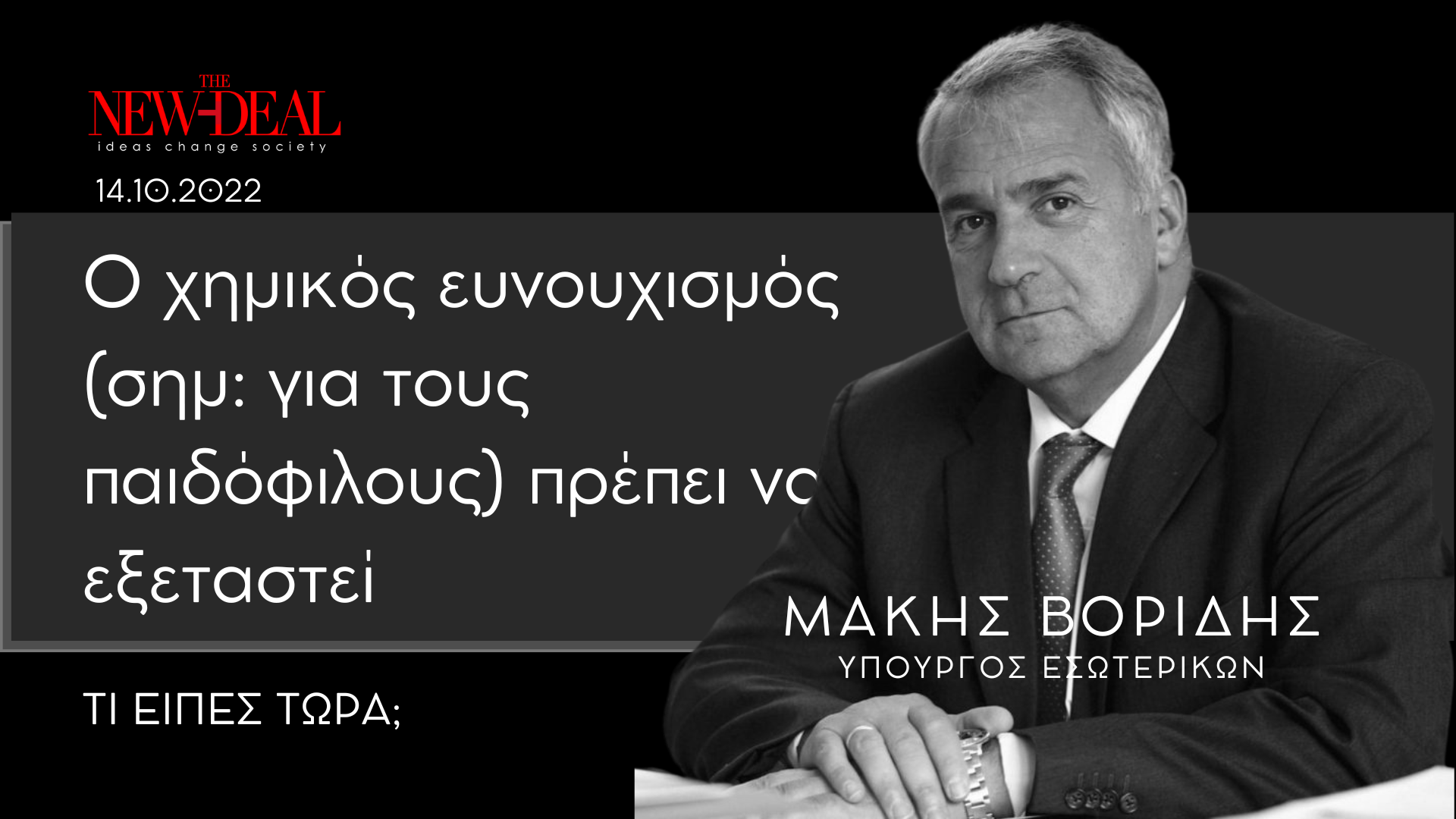by PAUL KRUGMAN
News flash: Recent declines in the price of gold, which is off about 17 percent from its peak, show that this price can go down as well as up. You may consider this an obvious point, but, as an article in The Times on Thursday reports, it has come as a rude shock to many small gold investors, who imagined that they were buying the safest of all assets.
And thereby hangs a tale. One of the central facts about modern America is that everything is political; on the right, in particular, people choose their views about everything, from environmental science to gun safety, to suit their political prejudices. And the remarkable recent rise of “goldbuggism,” in the teeth of all the evidence, shows that this politicization can influence investments as well as voting.
What do I mean by goldbuggism? Not the notion that buying gold sometimes makes sense. Gold has been a very good investment since the early 2000s, and it’s probably not all bubble. One way to think about this is that gold is like a very long-term bond that’s protected from inflation; and actual long-term inflation-protected bonds have also seen big price increases, reflecting a general perception that there aren’t enough alternative good investments.
No, being a goldbug means asserting that gold offers unique security in troubled times; it also means asserting that all would be well if we abolished the Federal Reserve and returned to the good old gold standard, in which the value of the dollar was fixed in terms of gold and that was that. And both forms of goldbuggism soared after 2008.
In the wake of the financial crisis — and to a considerable extent even now — to watch business news on TV, especially on Fox, was to see a lot of talking heads touting gold, not to mention many, many ads from the likes of Goldline. Many Americans were convinced: A third of those polled by Gallup in 2011 declared that gold was the best long-term investment.
At the same time, calls for a return to the gold standard proliferated, and not just among marginal figures. Indeed, the 2012 Republican platform effectively demanded a return to gold, calling for a commission to “investigate possible ways to set a fixed value for the dollar” (which it took as self-evidently desirable), and making it clear that the preferred route involved a “metallic basis” for the currency.
So the financial crisis of 2008 brought a surge in gold fever (although that surge has abated a bit since 2011). But why?
After all, historically, gold has been anything but a safe investment. Sometimes it yields big gains, as it did in the late 1970s and again between 2001 and 2011. But that 1970s run-up was followed by an epic plunge, with the real value of gold falling by more than two-thirds.
Meanwhile, the modern world’s closest equivalent to the classical gold standard is the euro, which puts European countries back under more or less the same constraints they faced when gold ruled. It’s true that the European Central Bank can print money if it chooses to, but individual countries, like nations on the gold standard, can’t. And who would hold up these countries’ recent experience as an example of something we’d like to emulate?
So how can we rationalize the modern goldbug position? Basically, it depends on the claim that runaway inflation is just around the corner.
Why have so many people found this claim persuasive? John Maynard Keynes famously dismissed the gold standard as a “barbarous relic,” noting the absurdity of yoking the fortunes of a modern industrial society to the supply of a decorative metal. But he also acknowledged that “gold has become part of the apparatus of conservatism and is one of the matters which we cannot expect to see handled without prejudice.”
And so it remains to this day. Conservative-minded people tend to support a gold standard — and to buy gold — because they’re very easily persuaded that “fiat money,” money created on a discretionary basis in an attempt to stabilize the economy, is really just part of the larger plot to take away their hard-earned wealth and give it to you-know-who.
But the runaway inflation that was supposed to follow reckless money-printing — inflation that the usual suspects have been declaring imminent for four years and more — keeps not happening. For a while, rising gold prices helped create some credibility for the goldbugs even as their predictions about everything else proved wrong, but now gold as an investment has turned sour, too. So will we be seeing prominent goldbugs change their views, or at least lose a lot of their followers?
I wouldn’t bet on it. In modern America, as I suggested at the beginning, everything is political; and goldbuggism, which fits so perfectly with common political prejudices, will probably continue to flourish no matter how wrong it proves.
Το άρθρο του Νομπελίστα Οικονομολόγου Paul Krugman δημοσιεύεται στην εφημερίδα “THE NEW YORK TIMES”



























